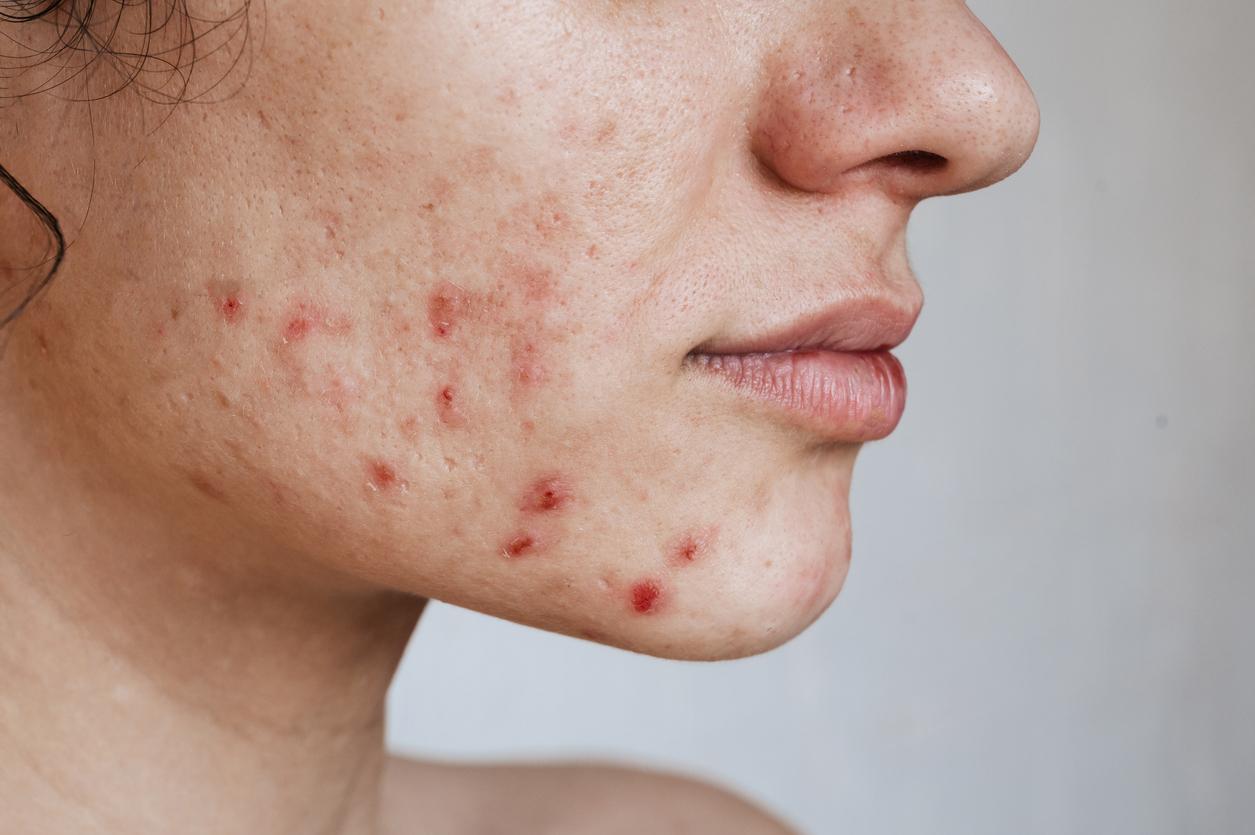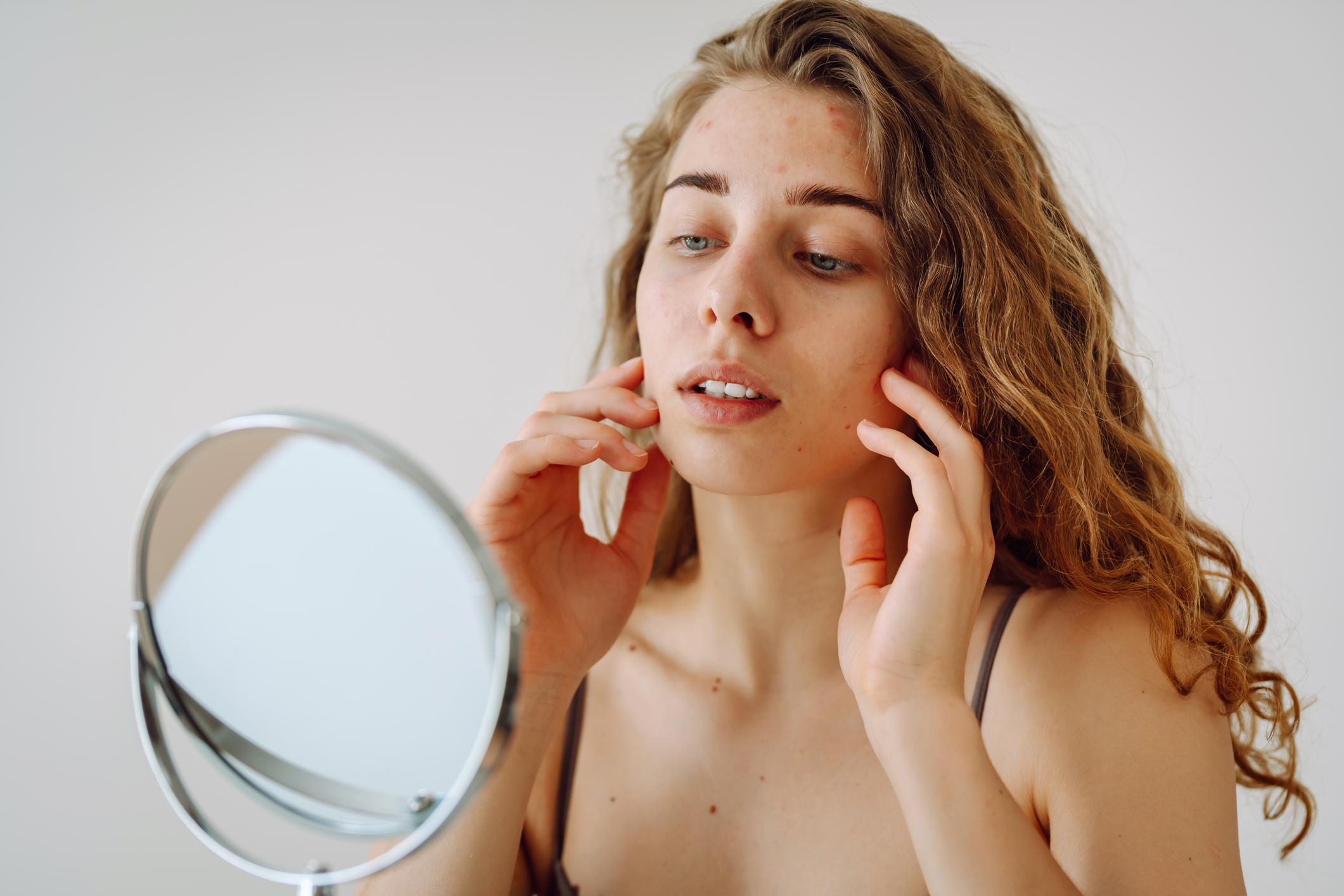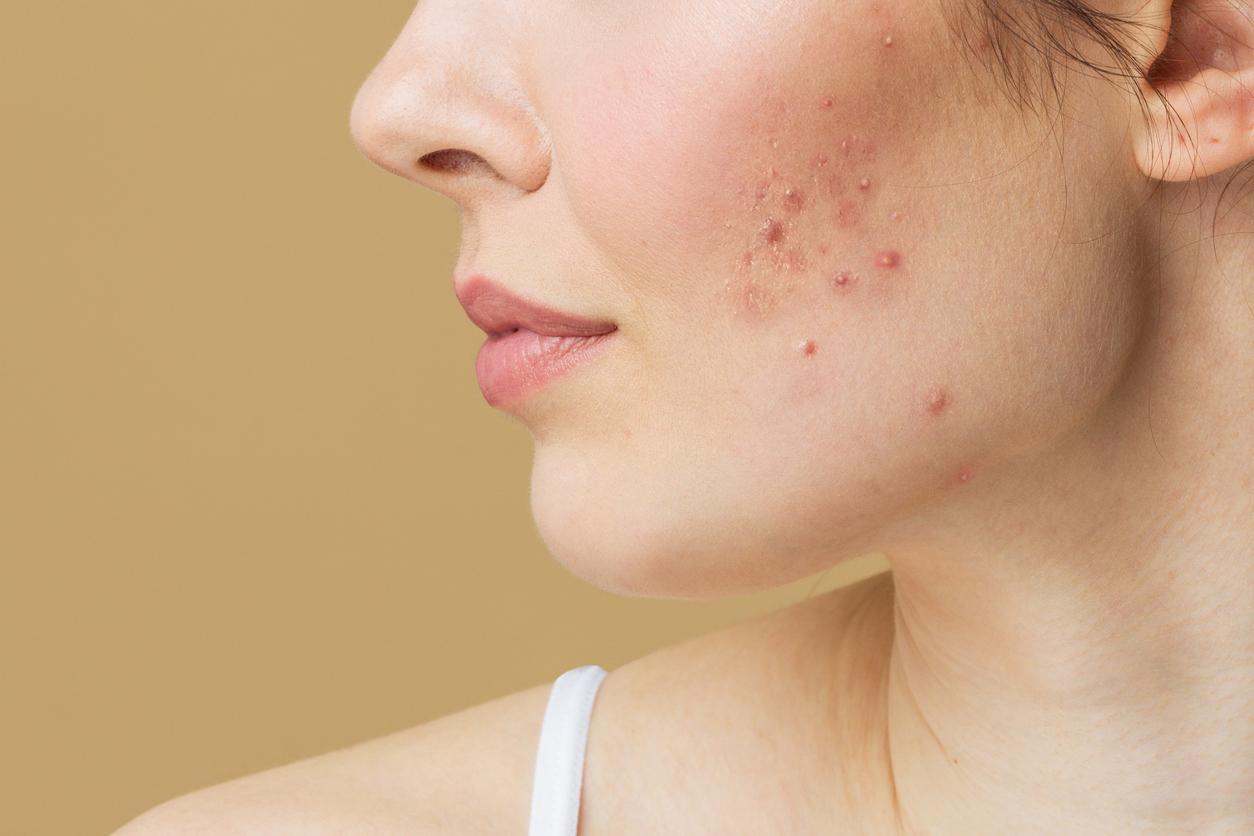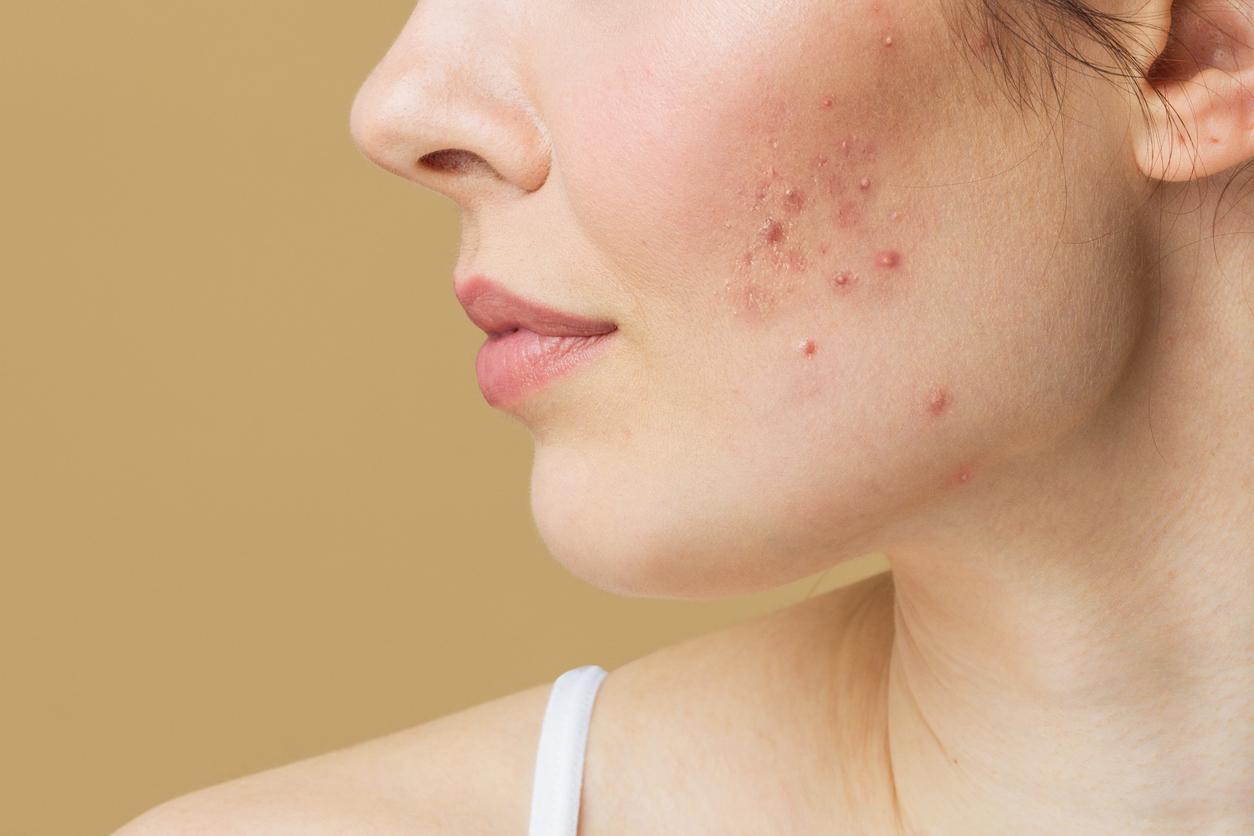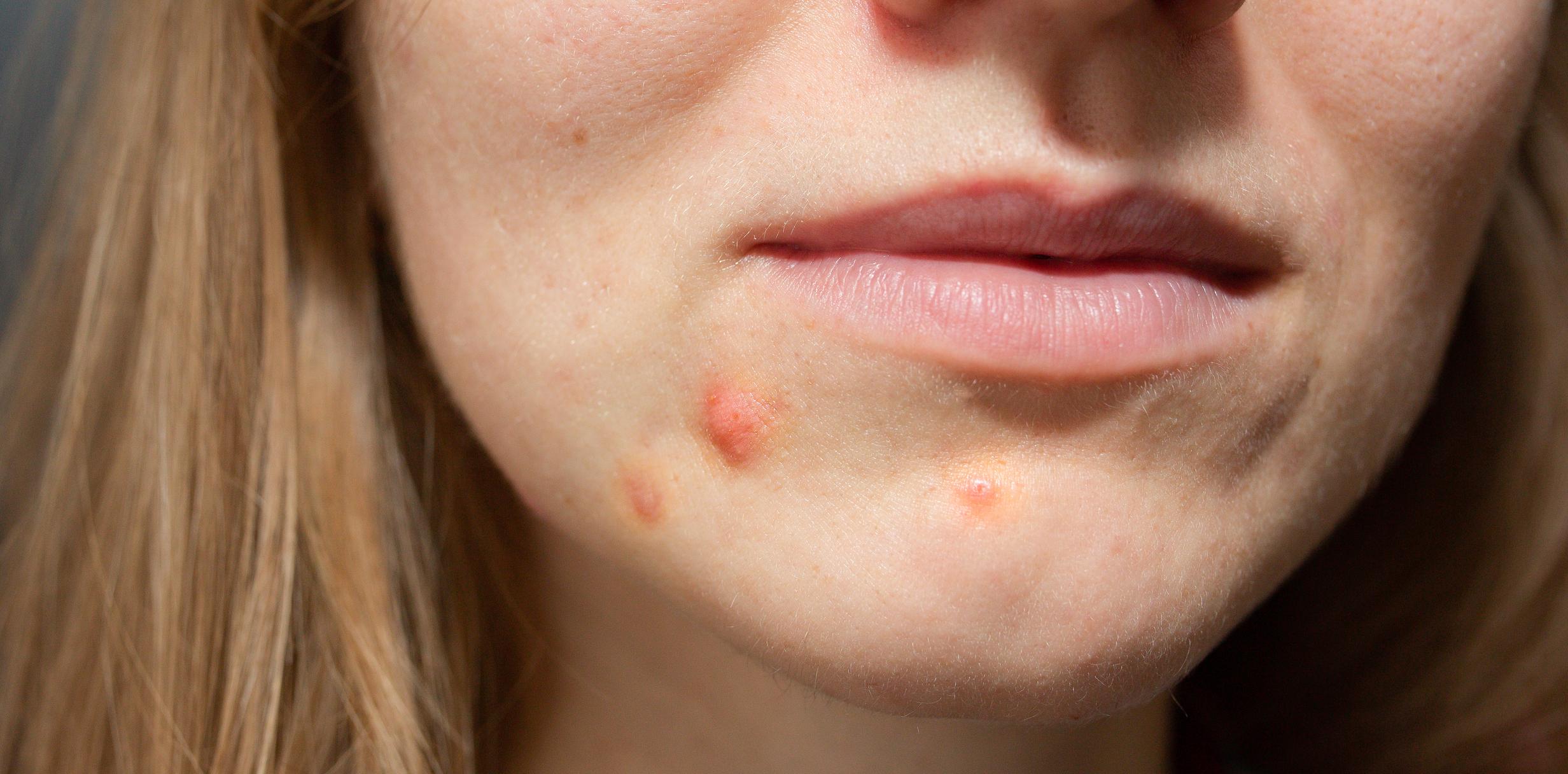The excessive use of antibiotics in the treatment of acne creates antibiotic resistance and would not be effective in treating this dermatological pathology, according to New York University dermatology researchers Langone Medical Center (United States). “Doctors and patients have become far too complacent about the abuse of antibiotics and its subsequent dangers of increasing the phenomenon of antibiotic resistance,” said Seth Orlow, dermatologist specializing in pediatric and adolescent problems.
Acne is a chronic skin disease that affects the glands that secrete sebum. It causes clogging of the pores and the appearance of lesions (blackheads and whiteheads), pimples, and even nodules.
Dermatology researchers at New York University Langone Medical Center (United States) studied the records of 137 people over 12 years of age treated for severe forms of acne between 2005 and 2014. All of these patients were first put on antibiotics, that is 11 months on average, before their doctors recognize the ineffectiveness of the drugs and prescribe them isotretinoin-based treatments.
“Almost 6 months on average elapsed between the date of prescription of this family of drugs and the start of their effective intake. Heavy side effects (risk of fetal malformations, depression) which may be at the origin of these “delays” in their taking ”note the researchers. However, “acne remains the first reason for visits to a dermatologist by young people and there are no other drugs as effective as Isotretinoin to treat the most severe cases”, recalls the researcher.
Acne treatment in France
In France, because of their modest efficacy and the emergence of resistant strains, antibiotics are limited to only situations where they are necessary (severe acne). And, since oral isotretinoin can cause serious malformations in the fetus, young girls with very severe acne should be given a contraception effective and take a pregnancy test within 3 days of the first prescription. This test should be repeated every month, within three days of the monthly prescription for isotretinoin and up to 5 weeks after stopping treatment.
Read also:
Acne: 6 gentle solutions to finally overcome it
Acne: 3 solutions to regain beautiful skin
Acne: 38% of patients are not treated








